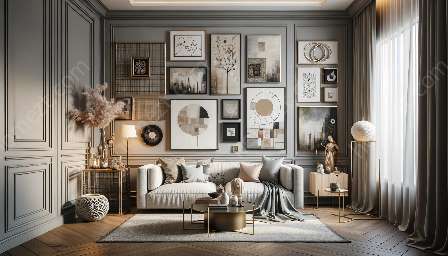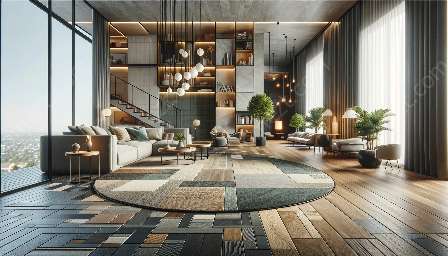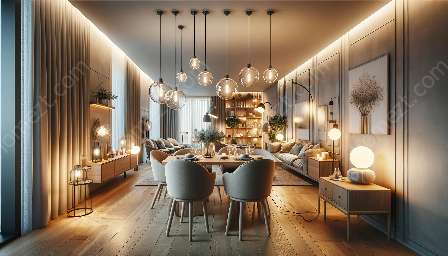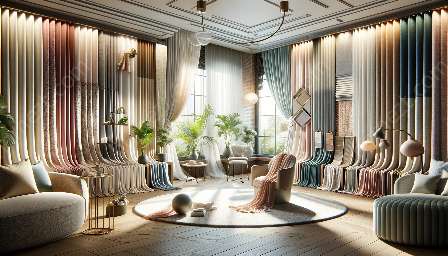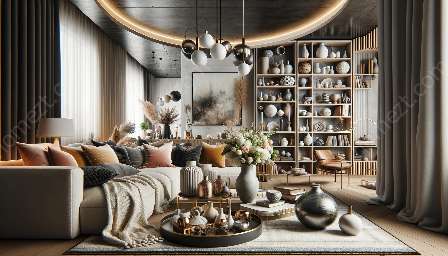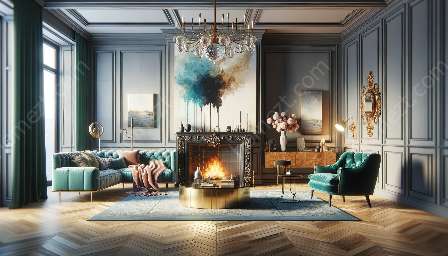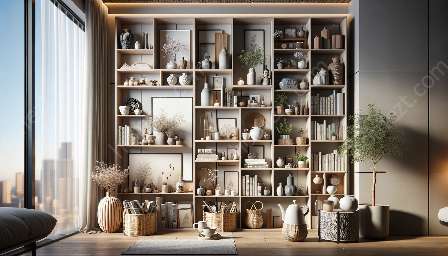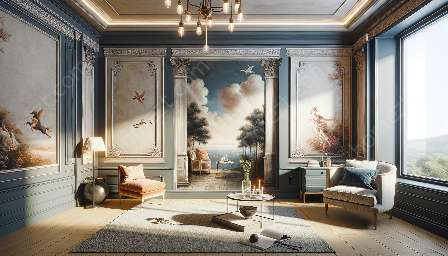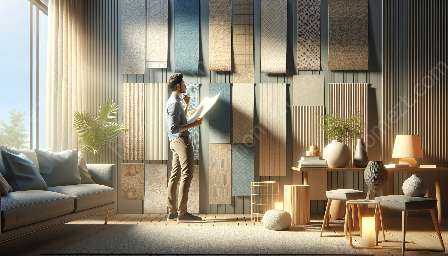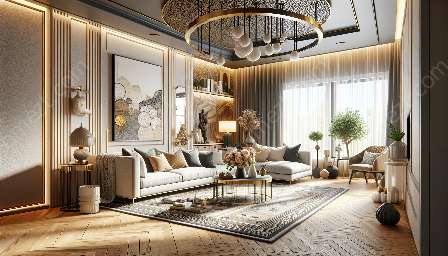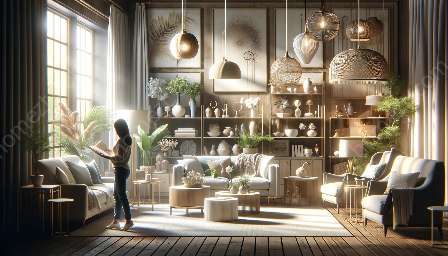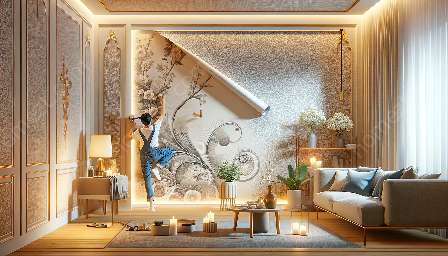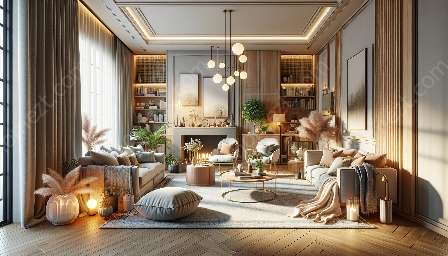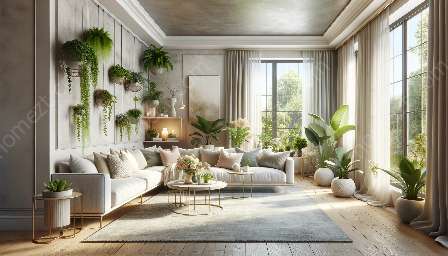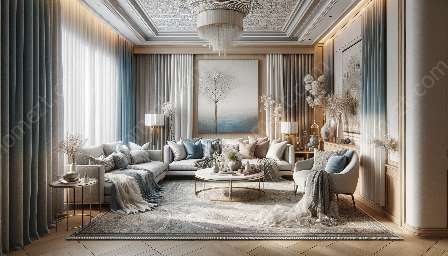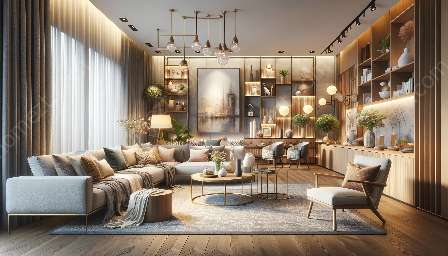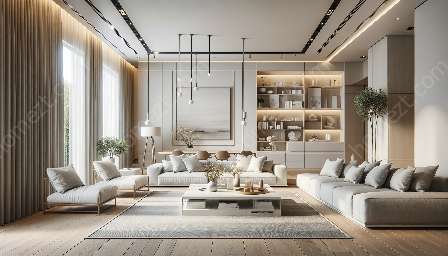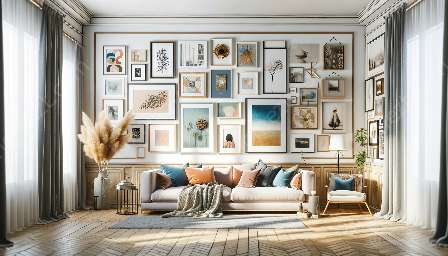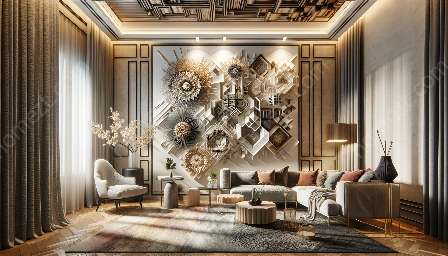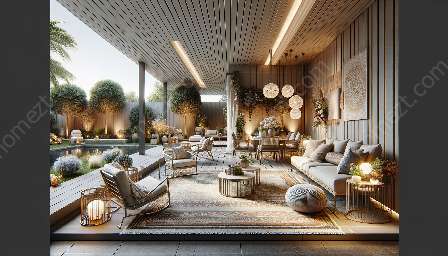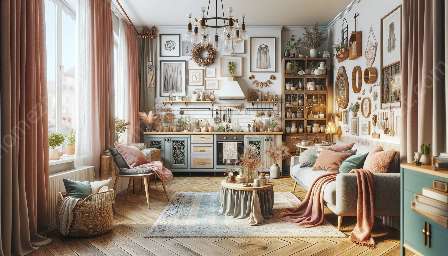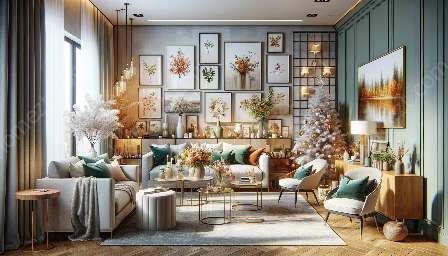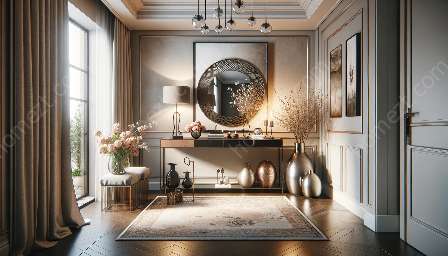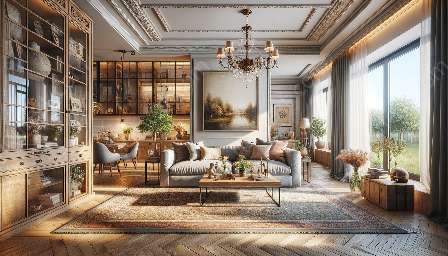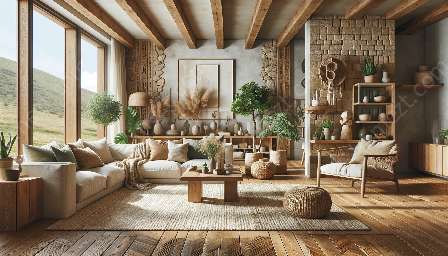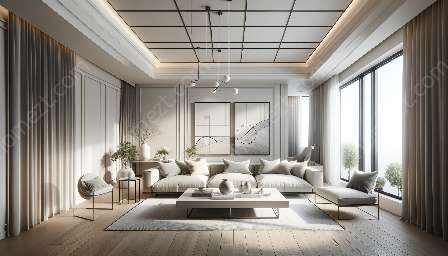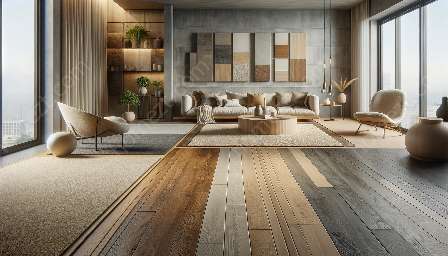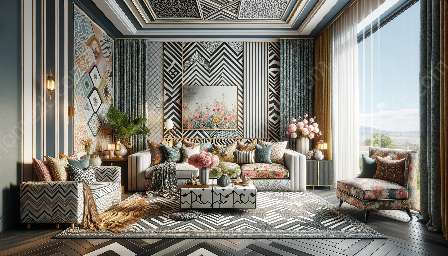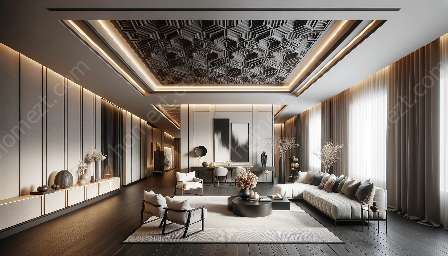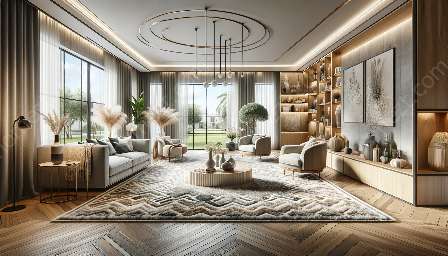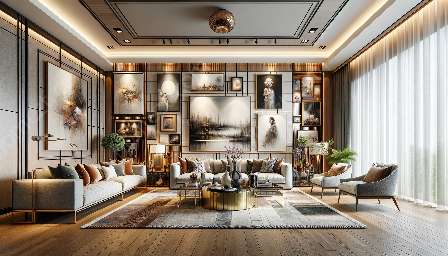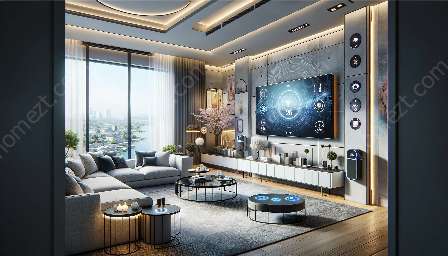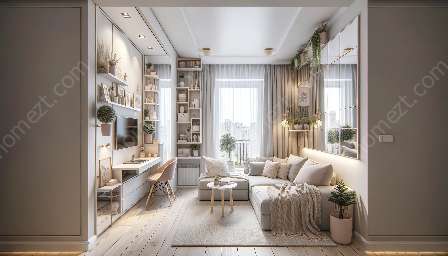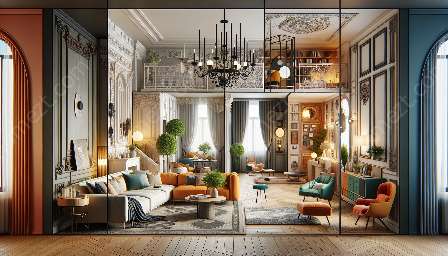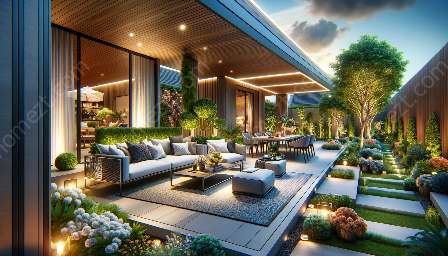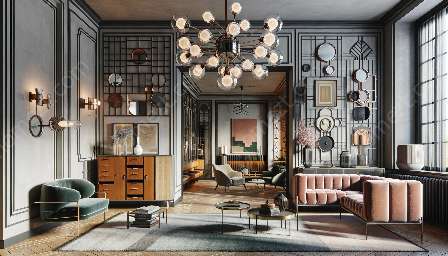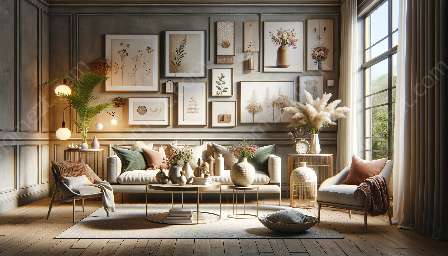Minimalist design is a philosophy that emphasizes simplicity, functionality, and the reduction of excess. It involves paring down to the essentials, eliminating superfluous items, and focusing on clean lines and uncluttered spaces. However, sustainability has increasingly become an integral part of minimalist design, as it aligns with the ethos of simplifying and minimizing environmental impact.
The Significance of Sustainability in Minimalist Design
Sustainability in minimalist design ensures that the process of creating, decorating, and living in a space has a minimal negative impact on the environment, while promoting human well-being and ethical production. Sustainable minimalist design considers the lifecycle of products and materials, encourages responsible consumption, and emphasizes the use of natural, eco-friendly, and long-lasting materials. It also promotes energy efficiency, waste reduction, and the incorporation of green technologies.
Compatibility with Creating Minimalist Design
When creating a minimalist design, incorporating sustainable practices means adopting a holistic approach that considers not only the aesthetic aspect but also the environmental and social impact. It involves thoughtful selection of materials, mindful consumption, and prioritizing quality over quantity. Sustainable materials and finishes such as bamboo, reclaimed wood, cork, and recycled glass are often favored in minimalist design due to their low environmental impact and inherent visual appeal.
Decorating in a Sustainable Minimalist Manner
Decorating a minimalist space sustainably involves being intentional about the items chosen to enhance the design. It entails selecting decor items with eco-friendly attributes, such as those made from organic or recycled materials, and opting for pieces with a timeless and enduring aesthetic to reduce the need for frequent replacements. Additionally, it encompasses incorporating biophilic design principles by bringing natural elements into the space and maximizing natural light and ventilation to reduce reliance on artificial lighting and climate control.
The Key Elements of Sustainable Minimalist Design
Key elements of sustainable minimalist design include:
- Functional Design: Emphasizing practicality and multi-purpose use to minimize the need for excess furnishings and optimize space.
- Environmentally-Friendly Materials: Prioritizing materials that are sustainable, renewable, recyclable, and have low embodied energy.
- Energy Efficiency: Implementing design strategies and technologies to reduce energy consumption and promote eco-friendly practices, such as the use of energy-efficient appliances and passive solar design.
- Minimal Carbon Footprint: Considering the sourcing, production, transportation, and disposal of materials to reduce the environmental impact of the design.
- Ethical Production: Supporting fair trade and ethical practices in the sourcing and manufacturing of design elements to ensure social responsibility.
- Longevity and Timelessness: Choosing durable and timeless designs that stand the test of time, reducing the need for frequent replacements and minimizing waste.
Stakeholders' Perspective on Sustainable Minimalist Design
From the perspective of homeowners and occupants, sustainable minimalist design aligns with the desire for a harmonious and clutter-free living environment that promotes well-being. It fosters a sense of mindfulness and intentionality in the use of resources and possessions, contributing to a more balanced and conscious lifestyle. From a societal standpoint, sustainable minimalist design supports the collective goal of reducing environmental footprint and advancing towards more sustainable and responsible consumption and production patterns.
Conclusion
In conclusion, sustainability not only complements but also enriches the fundamental principles of minimalist design, creating a harmonious balance between aesthetics, functionality, and ethical responsibility. By integrating sustainability into minimalist design, it is possible to create spaces that not only exude timeless elegance and tranquility but also contribute to a healthier planet and a more mindful way of living.

